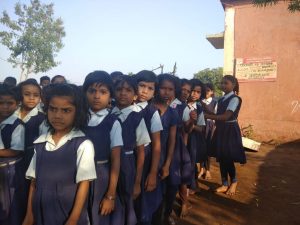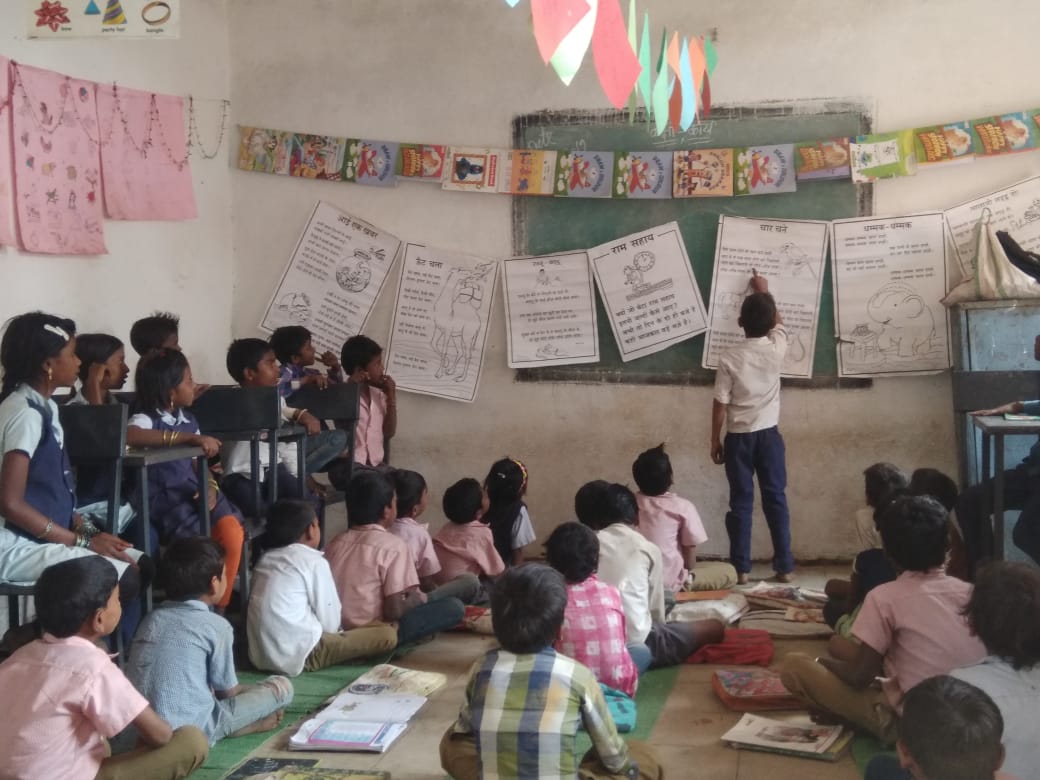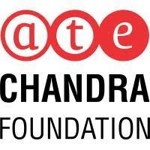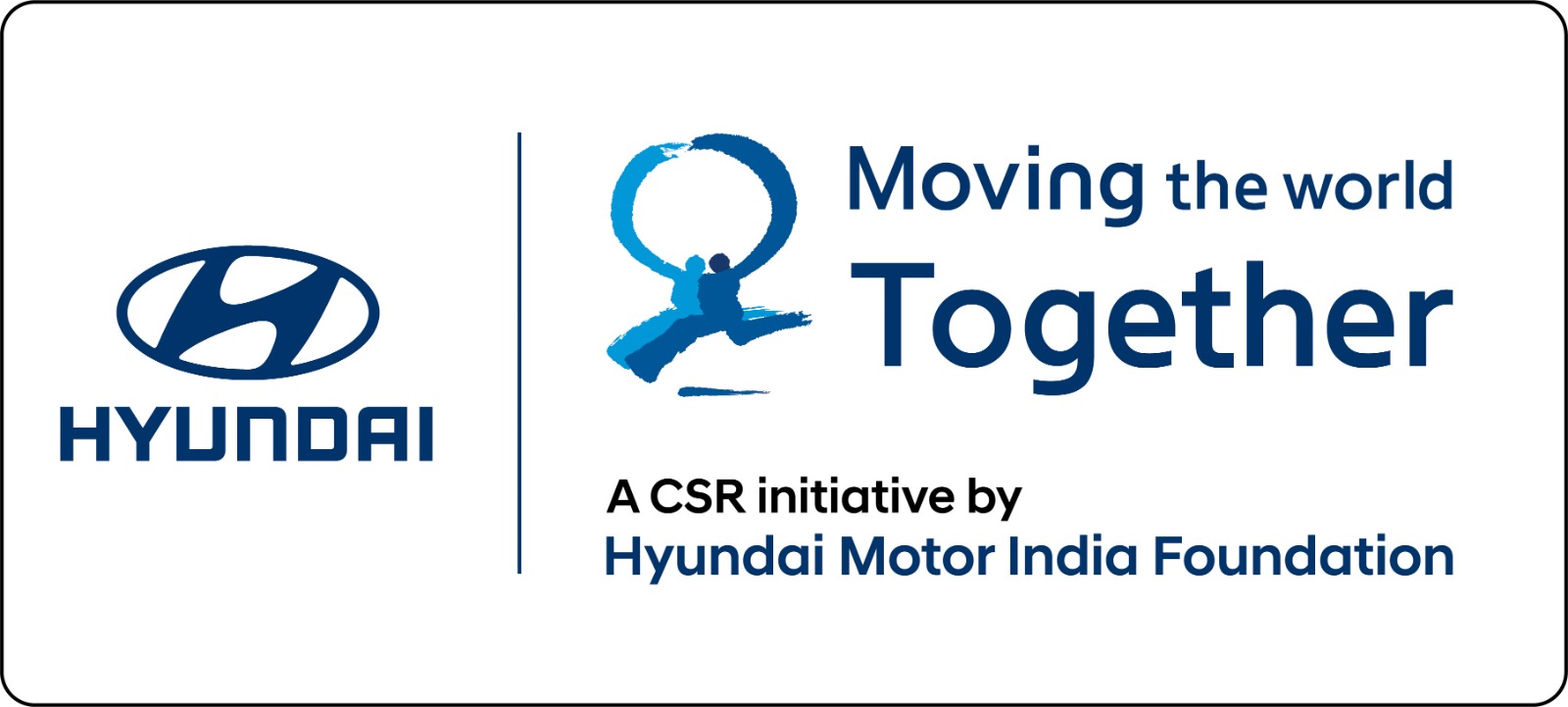OneStage programme in Khandwa district has brought several children back to school.
Over the past two decades, education in India has evolved into a basic human right. Education has become a focal point for furthering the agenda of development in the country. Schemes such as, Sarva Shiksha Abhiyan, Saakshar Bharat Mission, Midday Meal etc. are in place to promote education among youth and adults. The real task however, lies in implementation of the schemes.
Even after 72 years of independence, India’s literacy rate stands at 74.4 percent as per the 2011 Census. There are communities and groups that rank dismally low on the Human Development Index (HDI). These groups have been disadvantaged due to poverty, discrimination on the basis of caste and gender, disability, ethnicity, and linguistic
affiliations. This resulted in the exclusion of economically weaker sections, girls, and minority groups from the existing education system. To bridge this gap, OneStage implemented several programmes on education.
OneStage has had considerable success in creating an ecosystem for education and community development projects. In the past five years, OneStage has been at the forefront of transforming the education landscape and has raised over ₹1,300 million, through its corporate donors and partnered with over 300 NGOs.
Children in a school in Khandwa district during their midday meal.
In January 2018, the Prime Minister of India launched the ‘Transformation of Aspirational Districts’ programme, which aims to quickly and effectively transform 115 districts, which ranked low on HDI, into more developed, sustainable, and inclusive economies – education being one of the key focus areas.
Interestingly, non-profits, have been working in all of these aspirational districts, even before the government listed them out. For instance, over the past five years, Charities Aid Foundation OneStage along with its NGO partners, has delivered over 150 projects on education, community development, and healthcare in 24 aspirational districts across 14 states in the past five years, raising funds to the tune of ₹500 million. Currently, OneStage is managing 28 projects in 24 aspirational districts of 14 states, with an investment of ₹100 million, 60 percent of which is solely dedicated to education. The programmes will soon be replicated in other aspirational districts.
In Western India, people of Dohad in Gujarat welcomed an innovative programme on education that reached 20,000 students, 400 teachers, and 100 schools. OneStage has inspired leadership through many such education projects that are creating an entire generation of resourceful teachers and empowered citizens.
The world is changing. By 2030, the United Nations aims to transform the world by achieving 17 Sustainable Development Goals (SDG). Quality Education is the fourth and one of the most important goals. The scope of work is immense and this is the time to act and bring about a positive change, especially in the districts. It will require us to address challenges such as, improvement of infrastructure, convergence with government schemes, resource accumulation, and multi-stakeholder engagements.

These can be mitigated through positive and inspiring scalable projects and innovations. An ecosystem for mission-driven collaborations between donors (individual and corporate), government agencies and non-profits needs to be created. The aspirational districts programme requires a holistic approach from state and central governments, corporates and NGOs. Only then can we make these aspirational districts more inclusive, sustainable, and economically resilient.
Girls queue up in a school in Khandwa – an aspirational district listed by NITI Aayog.
Search
Categories
Recent Posts
- A brief visit to a project site in Gurugram
- How was OneStage born?
- ‘The plight of people moved me, and the heroic efforts of frontline workers inspired me to support COVID Relief work’
- 7 ways to take care of your Mental Health during the pandemic
- 5 things you must keep in mind before forwarding information on COVID












.png)

.png)

